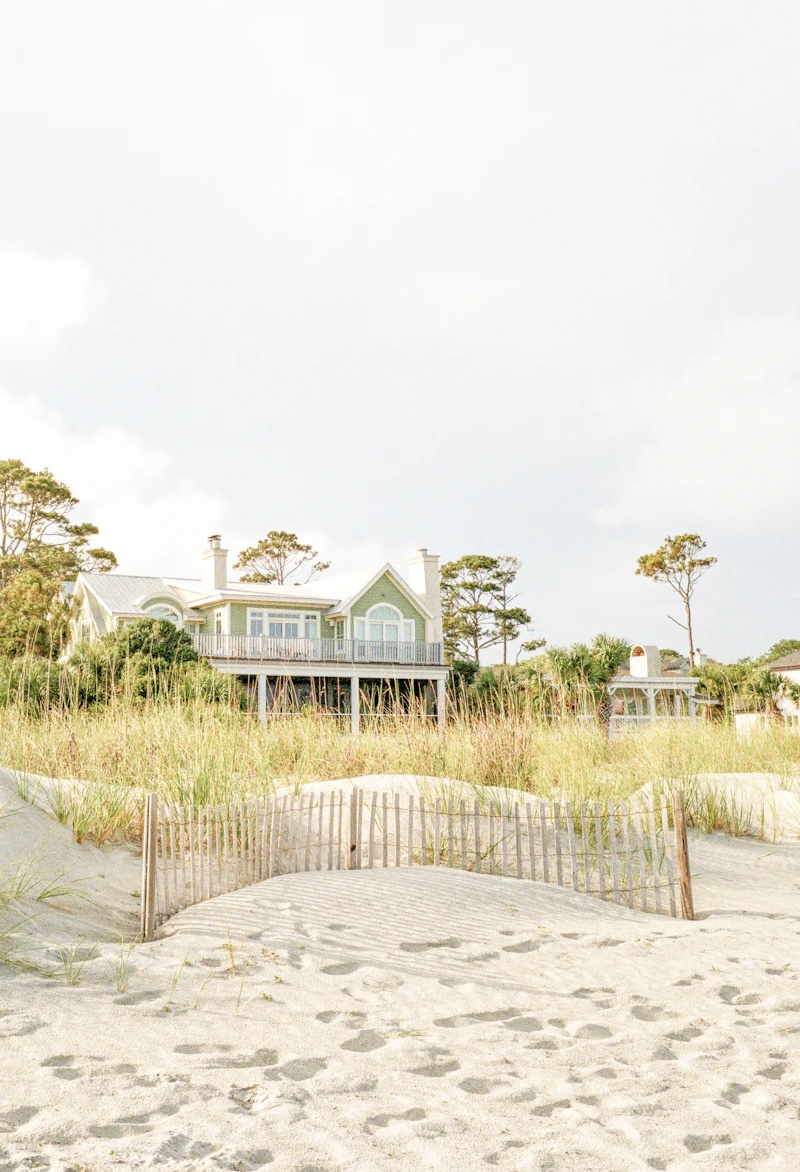
Having a second home for vacations can make taxes and finances more complicated.
Many children and adults dream of having a vacation home.
Whether their vision includes a cabin in the mountains or a bungalow on the beach, they desire a place to get away.
In fact, many of our clients like to get away to their "place at the lake."
The idea of a second home may trigger images of rest, but the reality can lead to extra stress.
A recent Central Trust article emphasizes the importance of understanding the tax implications of a vacation home.

Having a second home for vacations can come with surprising costs.
The government can levy hefty property taxes.
You will have two property tax bills if you have a second home.
With state and local tax deductions capped at $10,000, your vacation home would likely increase your tax liability beyond what you anticipated.
Although you can deduct mortgage payments on a second home, you are limited to a total of $750,000 for both houses.
By limiting personal use to 10 percent of rental days, you may qualify for tax benefits.
How so?
Limiting your use to 14 days allows you to deduct maintenance, utilities, and improvement costs for the rental property.
Consider this caution: renting to relatives at market rate will count as personal use.
Capital gains taxes are calculated differently depending on whether you sell a primary or secondary residence.
People can generally exclude a portion of gains from taxes for a primary residence.
This same benefit is not extended to a second house.
Because a vacation home is taxed as an investment property, your capital gains can increase to 23.8 percent.
Yikes!
Is it possible to reduce the capital gains tax on your second home?
Yes.
You must live in the home as your primary residence for at least two of the five years immediately before selling the house.
With the rise in the average home price in America now, these lower tax rates could save you significantly.
It is essential to weigh these savings against the lost revenue from renting the property and the possible higher cost of living where the house is located.
Detailed and accurate record keeping is crucial if you choose to rent out a second home.
Those who cannot provide evidence when audited by the IRS for their tax return will face significant penalties and extra taxes.
You should keep bills, receipts, and other documents outlining expenses for the property.
If you live in the home to avoid capital gains taxes, you must keep proof of residence and travel during the period leading up to the sale.
Although taxes are critical when purchasing a second home, careful planning may minimize the financial burden.
Work with an experienced tax professional, financial advisor, and estate planning attorney to create a plan to reduce stress related to the property for you and your heirs.
Having an additional house doubles the mortgage interest and property tax bills.
You can receive a tax deduction on your annual return by renting the home.
Unless you choose to live in your second home as a primary residence for two of the five years before selling, you could be subject to a capital gains tax of up to 23.8 percent.
As you utilize tax breaks with the IRS for rental income, you need to keep proper and detailed records of expenses.
Purchasing real estate has significant financial, tax, and estate planning implications.
As always, it is best to seek professional guidance to be wise with your investments.
This post is for informational purposes only and does not provide legal advice. You should contact an attorney for advice concerning any particular issue or problem. Nothing herein creates an attorney-client relationship between Harvest Law KC and the reader.
Reference: Centraltrust (March 2024) "Second Homes & Tax Implications - Central Trust Company"
REMEMBER: “The choice of a lawyer is an important decision and should not be based solely upon advertisements.”
This statement is required by rule of the Supreme Court of Missouri.
